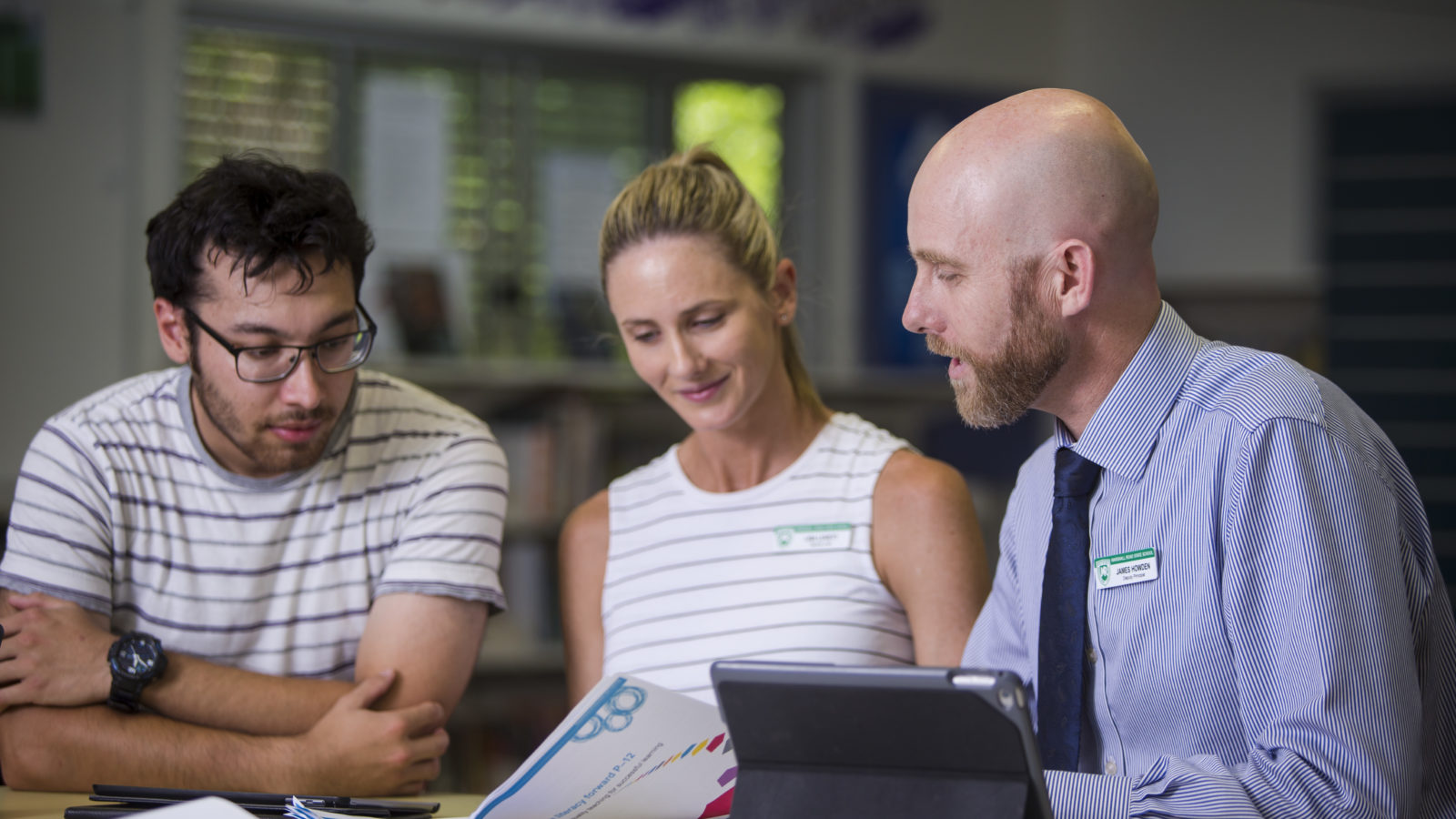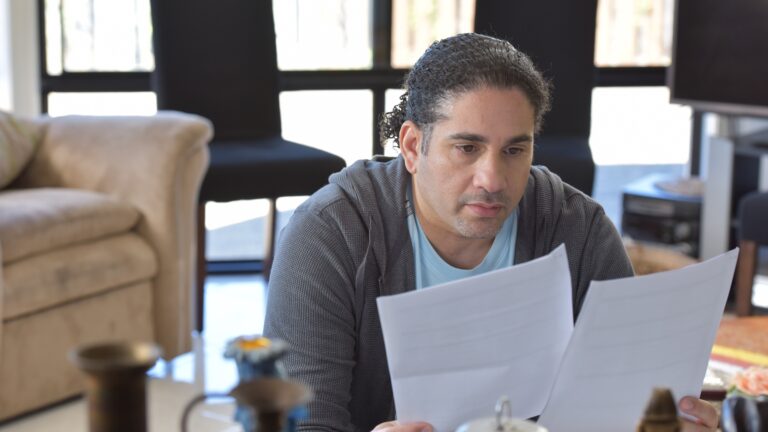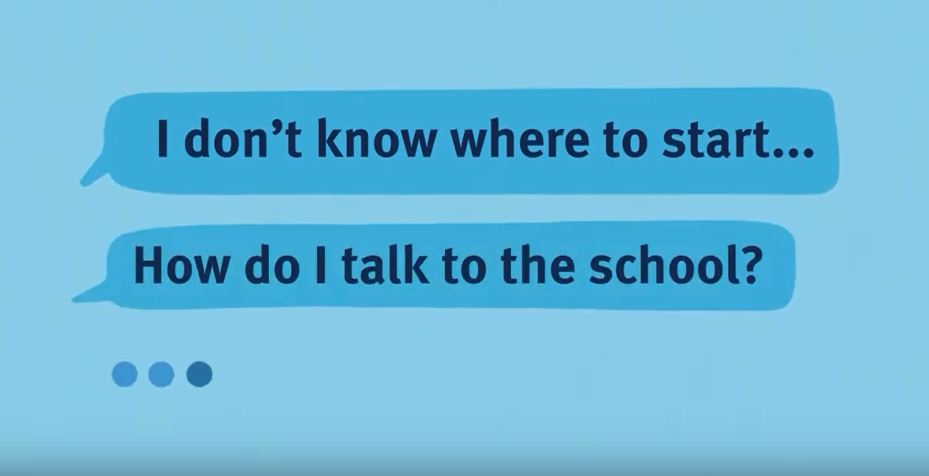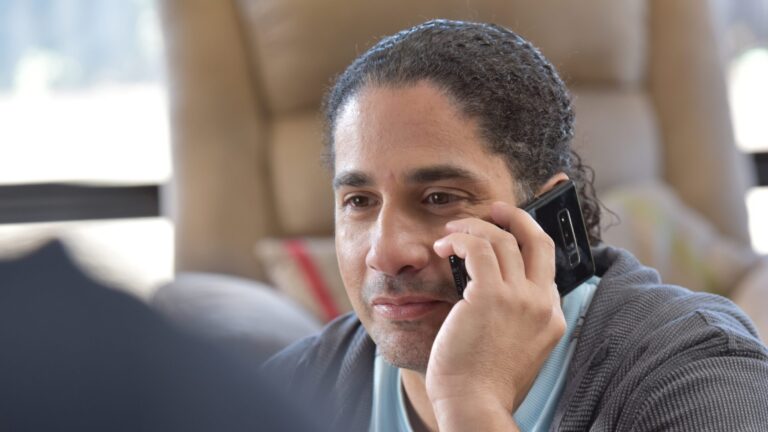Form a partnership with your teen’s school
The teachers at your teen’s school want to see every student succeed in all aspects of life. If your teen is struggling with school, reach out for support and advice. Share your concerns with your teen’s teachers to understand why they might be struggling and work out how best to help. Learn when and how to reach out to your teen’s teacher and what to expect.
"A positive parent/teacher relationship means that everybody is on the same page, your teen knows who to go to for help, and there is support both at home and at school."
Teacher’s top tips
1. Check in regularly with your teen
Speaking to your teen on a regular basis about what they’re learning shows them you’re interested in their schoolwork and willing to help with any challenges they may be facing. These conversations can help reassure your teen that they can lean on you for support. Checking in regularly also allows you to pick up on any difficulties your teen may be experiencing with their schooling and the areas in which they may need further support.
2. Talk to your teen first
Before reaching out to the school with questions or concerns, it’s helpful to first talk with your teen about the situation. Try asking them what they’re finding challenging and see if it’s something you can help with in some way. Sometimes, your teen may already know what the next step is or could give more insight into their specific needs. Listening more than you speak can help. Sometimes they just want to be heard.
Times when you might consider connecting with a teacher could be: after your teen receives a surprising report card, if your teen doesn’t submit a draft for an assessment, if they are having emotional or social difficulties, or if something’s going on at home that you want the school to know.
If after speaking to your teen you have made a decision to get in touch with their teacher, let your teen know ahead of time that you’re planning on reaching out to the school so that they can be prepared. Your teen may prefer to speak to their teacher themselves.
3. Who should I contact at the school?
Before contacting your teen’s school, it can be helpful to write down what you want to discuss and any outcomes you hope to achieve.
If you’re not sure where to start, simply get in touch with the school office. You can call or email and they can connect you with the best person to help. You can begin by giving them your name, your child’s name and briefly outlining the situation.
If you’re concerned about your teen’s academic progress or feel they need help with a specific subject, directly contacting the teacher for that subject is often best. However, if your concerns relate to their emotional or social wellbeing (or there’s something going on at home you think the school or their teachers should know about), a guidance officer or other support staff member might be better equipped to provide support.
4. What to expect when you contact the school
Remember, schools are busy places. Teachers in secondary schools are usually in the classroom during school hours and working with many students in and outside of class each day, so they may not be able to respond to a call or email that same day. Sending an email that outlines what you would like to discuss is usually the best place to start. That way the teacher has time to properly respond to your email or can organise a time to meet or speak with you over the phone.
Remember, it’s okay to talk to the school. When you need to, reach out so that you can work together to help make school and learning work for your child.
Last Updated: 13 December 2023





